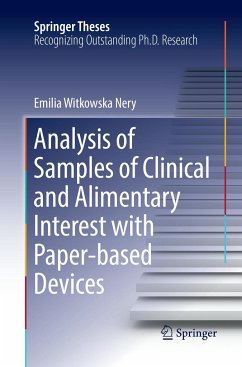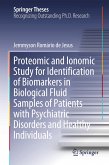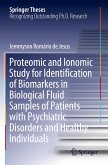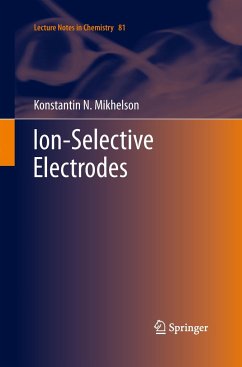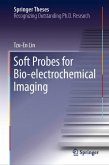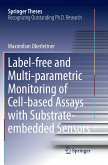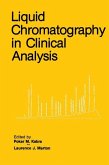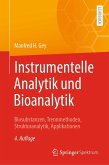This book presents two main sets of paper-based analytical systems. The first set is a platform for the analysis of glucose, cholesterol and uric acid in biological samples, and the second set is a cutting-edge electronic tongue system for the analysis of beverages (mineral water, beer, wine). This thesis also provides an extensive review of 33 methods of enzyme immobilization on paper which have been evaluated to enhance the storage stability of the proposed system for biomarker detection. From a practical perspective, this thesis covers a diverse set of topics related to paper-based sensing, including colorimetric and electrochemical detection methods, different sets of architecture (spot-tests, lateral and tangential flow assays), methods of fabrication (wax printing, cutting, impregnation with polymers), measurements in stationary and flow conditions as well computer modeling of proposed systems and sophisticated data analysis using chemometric techniques. This book is useful for PhD students working in this or a related field who require detailed information about methodology and background to this research.
Bitte wählen Sie Ihr Anliegen aus.
Rechnungen
Retourenschein anfordern
Bestellstatus
Storno

